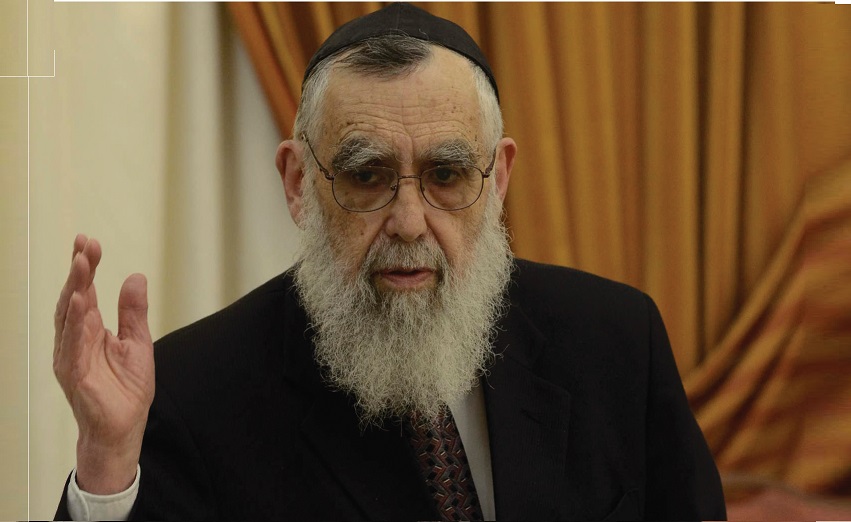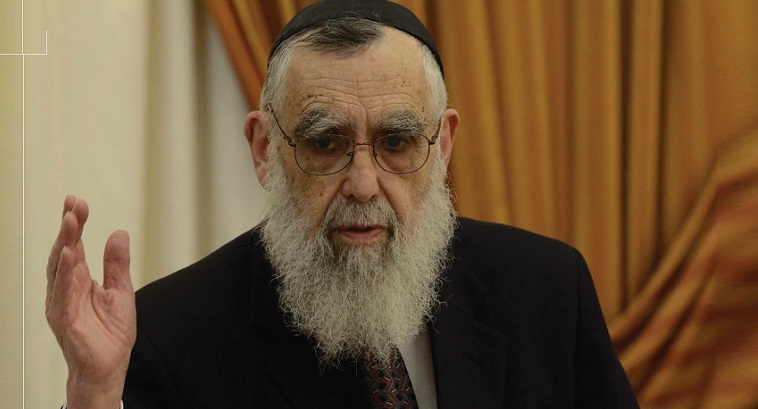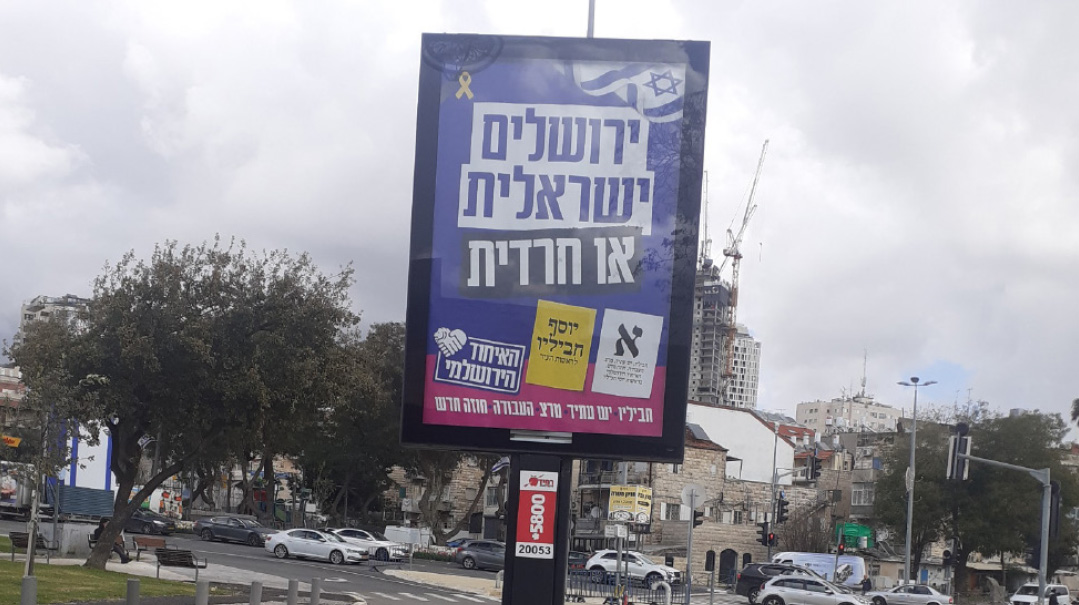A Surprising Antidepressant

Precisely because Tishah B’Av is approaching, I am not depressed, but encouraged
For some reason I’m not as depressed as one would be these coronavirus days. Certainly there are good reasons for some depression.
Let me count the ways. We loosened pandemic restrictions, and COVID-19 returned stronger than ever. And if that were not enough, government leaders are bewildered, scientists contradict one other, economies are tanking throughout the world, people are suffering emotionally and financially. Dayeinu. And if that were not enough, America , the hope of the free world, is beset in major cities by anarchy and looting, and police are afraid to arrest criminals, in fulfillment of Avos 3:2 that without governmental authority, “Ish es rei’ehu chayim bela’o — people would swallow one another alive.” If that were not enough, leadership is caving in to the mob, as is the Congress, as are the media, as are the universities, while the power of the police is undermined. And there are serious demands to topple monuments to Lincoln and Washington as if they were Hitler and Stalin. And if that were not enough, anti- Semitism is on the rise, and pro-Israel congressmen are defeated while blatant anti- Semites are elected to replace them. Dayeinu. And if that were not enough, a presidential election looms, with the choice between one candidate who denies the reality of the scourge, versus an oblivious candidate who would bring back the destructive leftist nostrums of the past. We are like the proverbial blind man in the dark, where even others cannot help us. Even a secular journal like Commentary runs a plaintive cover that says “O L-rd, How Long?” If King David in Tehillim 22:2 had not have already said it, we might well be saying, lamah azavtani. Has G-d forsaken us? Dayeinu.
And in the midst of all this comes that day of national mourning, Tishah B’Av, further adding to our gloom. Is not all this a prescription for depression?
No. Precisely because Tishah B’Av is approaching, I am not depressed, but encouraged. This is because Tishah B’Av sharpens one’s awareness of certain facts of life — Jewish life — that uplift and inspire. Those facts show that even in the darkest times, even when any discernible evidence of G-d’s Presence is absent, He is nevertheless present. Hidden, yes; concealed, yes, but always present. Tishah B’Av represents the darkest night of our history. With Eretz Yisrael ravaged, the Jews murdered and dispersed, the Beis Hamikdash in flames, this was surely finis for the Jewish People — and for all this we fast and mourn. But despite all the agony, it only seemed that G-d was absent. But He was and is present, in all His mysterious and unknowable guises. G-d did not abandons us, and despite Tishah B’Av, we Jews and our Torah lived on and thrived, so that today, 2,000 years after Tishah B’Av, despite the hatred, persecutions, murderous rampages, expulsions from England, Spain, and France, inquisitions and “final solutions,” Torah today is resurgent. Note this one remarkable fact: Hundreds of thousands of Jews were decimated in Warsaw alone 75 years ago, and yet, this year, hundreds of thousands of Jews gathered together around the world to glorify not a victory over foes, but of all things, the completion of the Talmud cycle. Are we not a people of mysterious power?
Which is why Tishah B’Av, viewed through a historic lens, is paradoxically a beacon of light, a ray of sunshine, reminding us even in difficult times not to despair.
In the midst of these ruminations, I came across a recently published book Faith Amid the Flames, by Rabbi Yosef C. Golding, which underscores all this. This is not just another Shoah book about spiritual heroism — of which there are many — but a riveting chronicle of the power of pure faith : the story of a 16-year-old Polish Jew, Yosef Friedenson (many years later to become the prominent editor of the famous Yiddish journal, Dos Yiddishe Vort, and a leading spokesman for American Orthodoxy) who suffered through the degradations and horrors of the Shoah and who, together with countless ordinary Jews, held on steadfastly to his Yiddishkeit. Even though this book — after recreating the dynamic Jewish life of pre-Shoah Warsaw and Lodz — recounts some terrifying events, it too, like Tishah B’Av, is a tale that ennobles and inspires.
G-d is concealed but He is present, and with His help, all the world, led by Am Yisrael, will soon emerge from this dark tunnel and not only survive, but flourish and thrive — because we trust in Him. We are, after all, the people of G-d; we might be hated and persecuted, but we are never defeated.
And that is why Tishah B’Av, paradoxically, is the antidote to depression.
(Originally featured in Mishpacha, Issue 820)
Oops! We could not locate your form.



